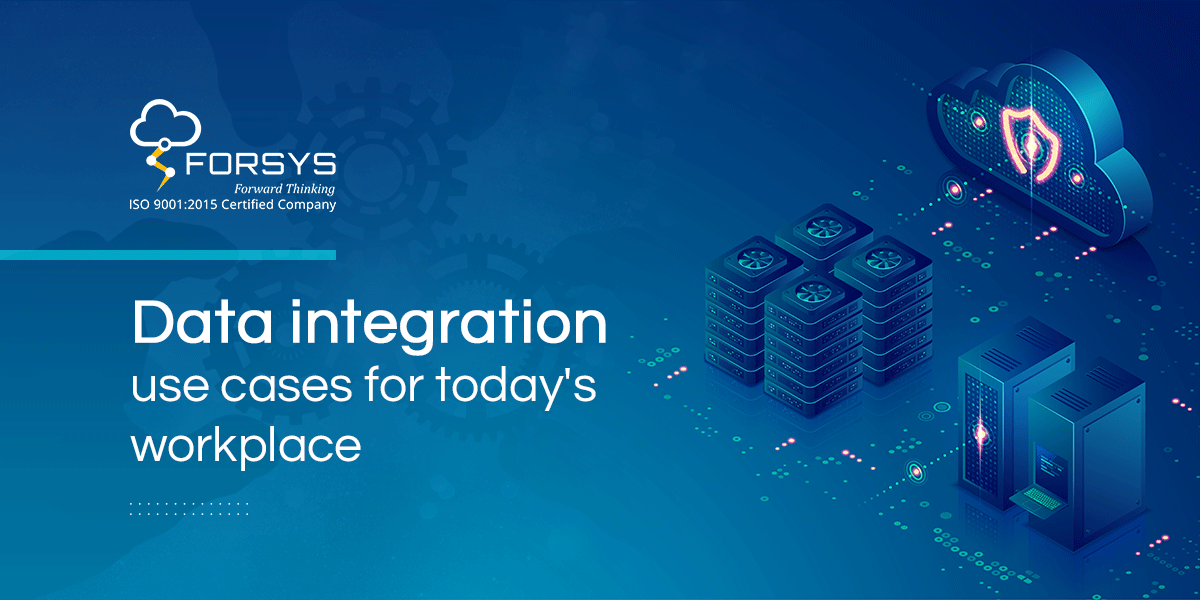Introduction
At least 75% of businesses irrespective of size are set to use multi-cloud-capable hybrid integration platforms by 2021, witnessing a staggering rise from below 25% in 2018. While this surely has its advantages, such a hybrid environment can be notoriously tricky. Reason? The data is located across different locations and formats, and to use data and gain insights to support informed decision-making, organizations require a unified view.
To make the best use of the data stored in a hybrid or multi-cloud environment, real-time data integration is the only solution. They not just allow the free movement of data in real-time but also allow connecting varied on-premises and cloud sources.
Here are some of the top data integration and data migration use cases that the new age businesses should be aware of:
- Event stream ingestion and delivery
Businesses that rely on event-driven architecture need data integration to enable real-time and bi-directional data exchange to mobile and web apps, IoT devices, and backend systems.
- Send and receive data from partners or vendors
Businesses that need to send and receive data from partners use API integration to transfer data.
- Sync data records to various repositories and multi-cloud environments
Organizations with multiple data repositories or data stored across multi-cloud environments require data integration with data governance solutions and master data management (MDM) capabilities to sync records in the various independent systems. It helps standardize varied data formats, get rid of duplicates, copy data from one system to another, and offer a unified view of the master data in the enterprise’s systems.
- Attain 360-degree view of customers
Businesses that want to achieve a 360-degree view of their customers use data integration to collect client data from varied systems – such as CRM, ERP, technical support’s ticket tracking tool, marketing platform, or any other applications – to drill down into the client’s history, understanding their buying habits, call details, emails and chat discussions with the support team.
Leveraging a data integration platform encompassing predictive analytics, machine learning, and artificial intelligence is favoured here.
- Migrate data into a data warehouse
Data analytics is an essential activity that organizations undertake these days. This is why businesses build data repositories to compile insights. To perform analytics, run reports, and develop insights, collecting data in a proper format in one place is essential that becomes possible with data integration.
The type of data repository the business will create will decide the data integration type. While data warehouses are commonly used for storing data, data lakes have gained prominence in recent times.
- Create sales and marketing dashboard
Organizations that want to measure and review the sales and marketing initiatives create dashboards to evaluate open rates, conversion metrics, lead quality, bounce rates, and KPIs. In such a situation, data integration is leveraged to build these dashboards to pull and achieve a graphical display of data.
How Forsys’ data integration can help you scale faster
Forsys houses a robust team of data scientists and engineers with vast experience in data technologies and integration. Our experience in consulting and implementing leading-edge technologies enables us to develop bespoke integration solutions using pre-built integration templates (on FloData) meeting the needs of the clients across industries.
From strategy to implementation, and testing to support, our data and process integration services allow clients to leverage their data stored across different locations more effectively with data integration.
To know more about data integration services in detail, talk to us now

